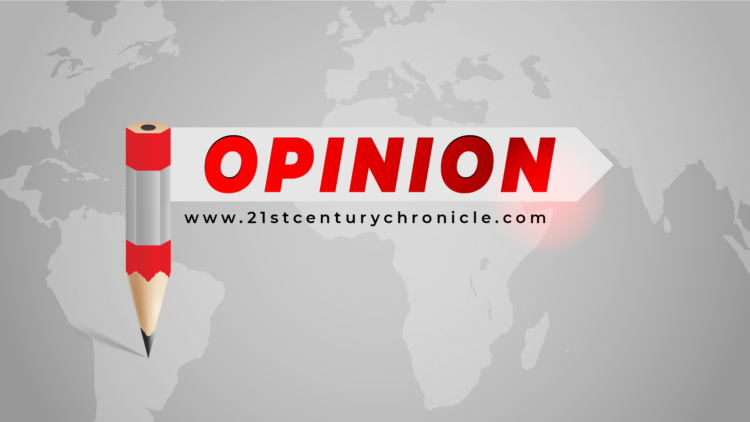On Saturday, 16 April, 2023, a senseless fighting broke out between the, main Sudan government forces led by the coup leader since 2019, General Abdulfattah El-Burham and those loyal to General Muhammad Hamdan Digalo, the leader of the Rapid Support Forces (RSF), used by ousted president El-Bashir to fight rebels in the Darfur Region. They were better known in the past as the Janjaweed militia. After squandering almost all the opportunities to return the Sudan to democratic rule, the armed factions decided to plunge the country into a bloody crisis. Non of the forces now killing, maiming, dislocating fellow Muslims of all times amidst the worship of God in Ramadan and destroying the country’s infrastructure among others, can justify the ongoing madness. Given its strategic importance to the world of Islam and all its horrible experience spanning about 5 decades or more, one expected patriotic Sudanese and its leaders to work towards enduring. peace for this highly tested nation. The reintegration of RSF into the Sudanese Army is cited as the spark to the fighting, but the reality is, each group is simply in a desperate move to strengthen its power ahead of any future political agreement following the collapse of the political transition plan with the the somewhat rancorous civilian groups. You donot have to embark on bloodbath against the people with the potential to turn Sudan into a ‘failed State’ to achieve your personal or group ambition. In the Ramadan of 1981, I was part of a group of students from Nigeria and other African countries on a summer Study Circle to the Sudan. The venue of the 45-day vocational course, was the Islamic Africa Centre (IAC), simply referred to as “Markaz” which transmuted into a university, The Islamic Africa University. In spite of the sub-Saharan hot whether, Ramadan fast in the Sudan was a cooling experience. The country was then under the rule of one of its long serving military head of state, the late Jaafar el-Nimeiry. The Sudanese people may be poor by the standard of their oil rich Arab neighbours, but they love feeding the less previleged particularly in the noble month of Ramadan by offering free Iftar (breaking of the fast) meals at public places, mosques, road sides or through formal invitation in their residences. The lesson of the Sudan is that you don’t have to be rich in the real sense of the word before you care and share. Although my practical Sudanese experience happened 42 years ago, it is still nostalgic. The little Arabic one speak, even though too poorly, had it’s foundation laid there in the course our Arabic and Daawah summer classes of 1981. It was in the period long before the then estranged region of Southern Sudan with the capital at Juba eventually broke away from the Sudan to form another country under an internationally supervised agreement. Ousted Sudanese president El-Bashir, supervised the exit of South Sudan from the main republic. However, the legendary southern rebel leader John Garang could not witness the event as he died in a helicopter crash along the Ugandan border in 2005. It was his deputy, Silva Kiir, who eventually became the president of independent republic of South Sudan. The prayer of all well meaning people particularly the Ummah, is for the Sudan to recover quickly from this imposed Muslim on Muslim, needless blood letting. As one of those nations long targeted by international conspiracies, those involved in this bloody conflict which killed over 400 people and maimed 4 times more, must fear God and retreat from this madness. Given the criminal nature of this conflict, it is prayed and hoped that God, The Most High, will sooner rather than later, intervene to salvage the largely hapless, Muslim people of Sudan, from this heartless onslaught. The leaders on each side of this conflict will pay a price here or in the hereafter or both. The Sudan shall rise again, God-willing.
Mr Isa can be reached at kofararewa2018@gmail.com.








